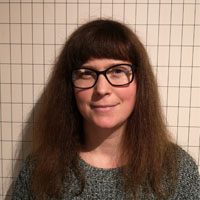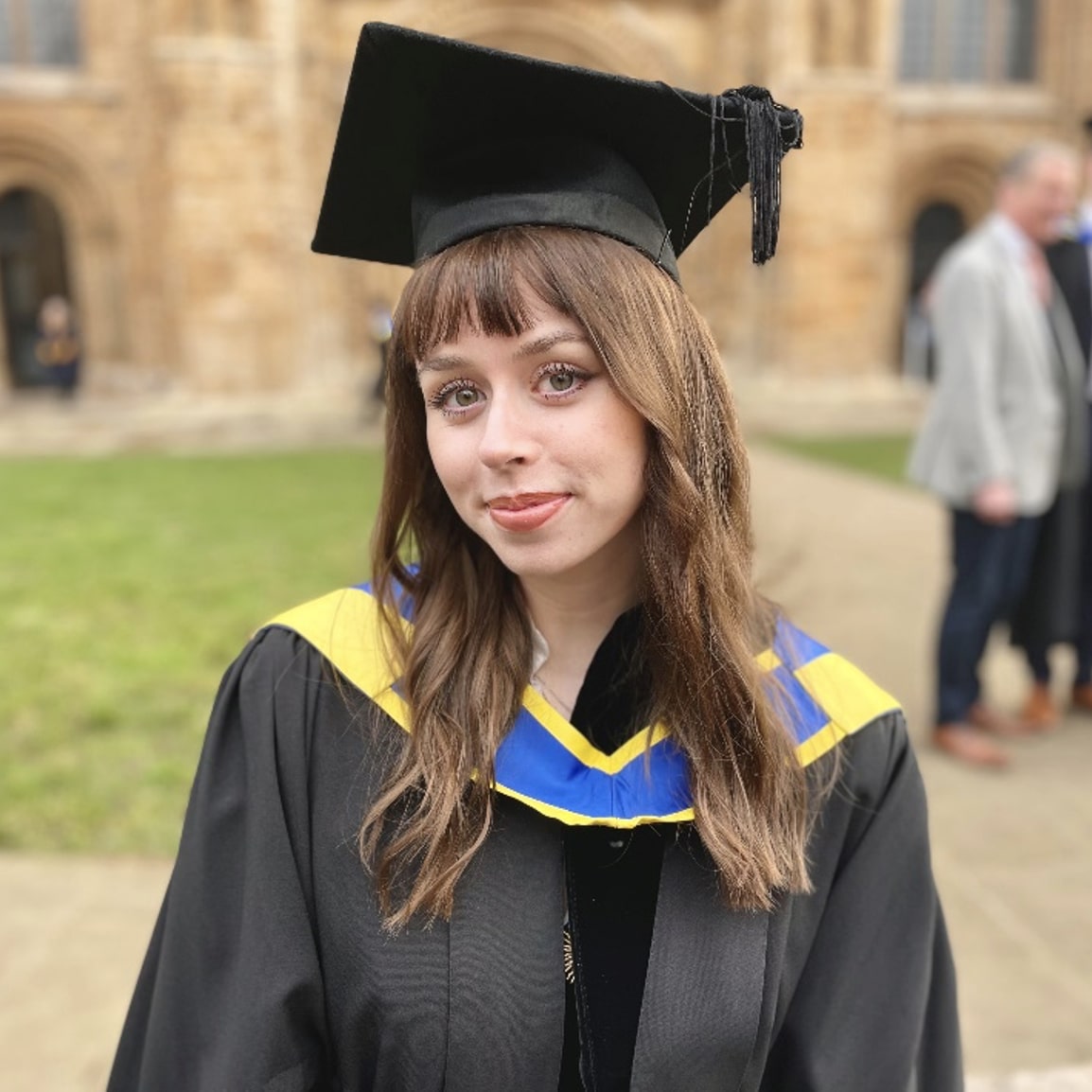Module Overview
This reflective module is designed to allow students of Creative Writing to study “reading as a writer” as a way of investigating literariness from a writerly perspective and “poetics” by practising writers as a speculative discourse. Student writers have the opportunity to develop their knowledge of the field of literary production in lecture and seminar situations, studying a range of contemporary literary works across genres.
Module Overview
This module offers student writers the opportunity of a “professional editorship” with The Lincoln Review, the University of Lincoln's international literary journal. Students have the opportunity to learn about issues, principles, and practices related to the management of publishing organisations; editing, marketing, solicitation of work, design, layout, copyright and ethical issues; as well as the process of editing, designing, and publishing a professional literary journal.
Module Overview
This module is designed to introduce student writers to, and further their knowledge of, various publishing industries (commercial, trade, and independent), fields of contemporary literary production, and the role(s) of the creative writer within the publishing world, and other creative and cultural environments. Students can engage in both professional research and professional practice, which will be developed and encouraged via lectures, seminars, and workshops.
Module Overview
During this practice-led module, student writers concentrate on the production of an extended creative writing manuscript, which is ultimately intended for publication as part of their ongoing professional development. This is contextualised by a reflection, as well as a statement of poetics, which will articulate the student writer’s own aesthetic practice and writerly philosophy, and situate their own writing in the field of literary production.
Module Overview
This practice-led module is designed to enable student writers to further their creative writing via individual practice and group workshop discussions, and through the production of poetics as a speculative discourse to accompany the specific writing produced.







